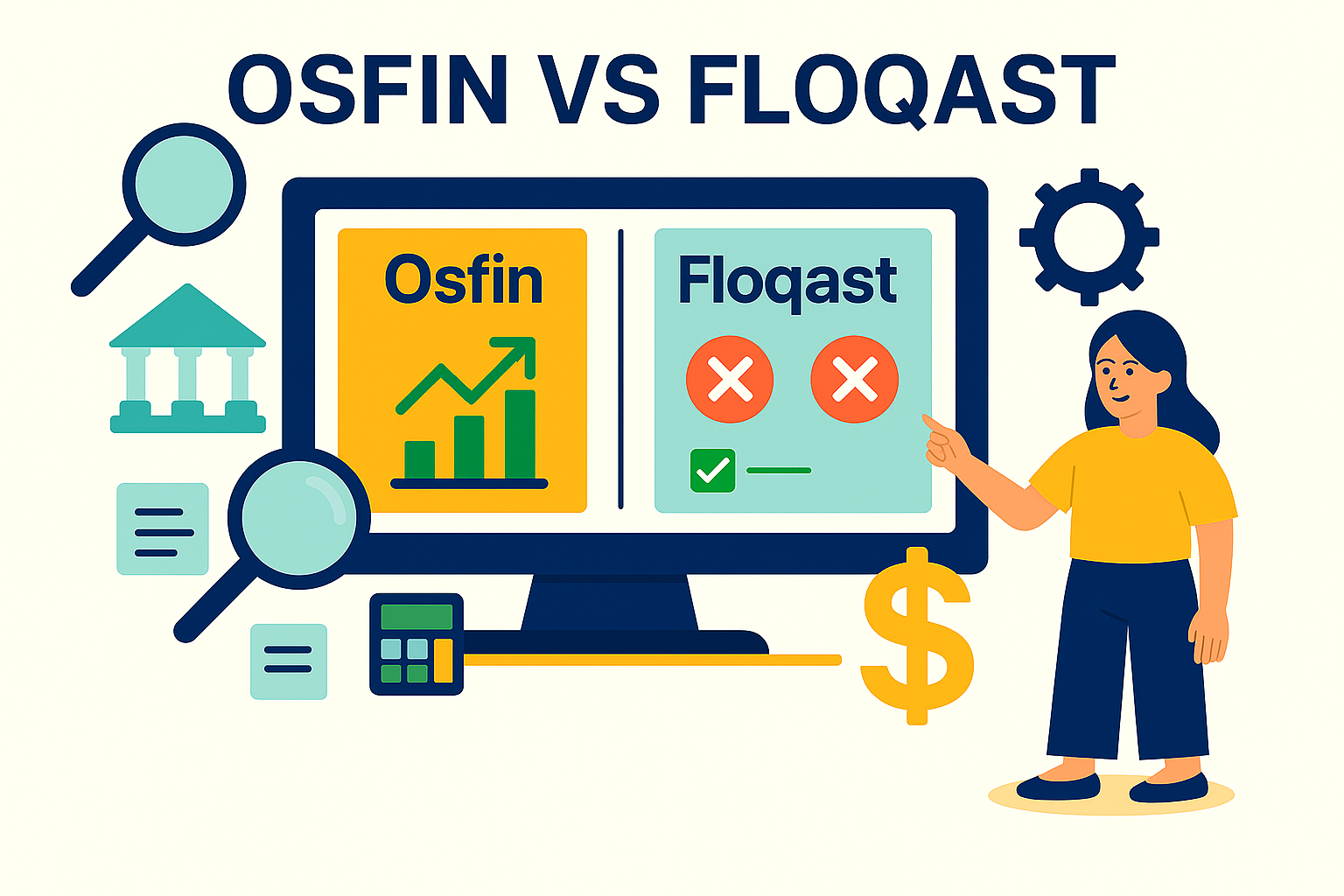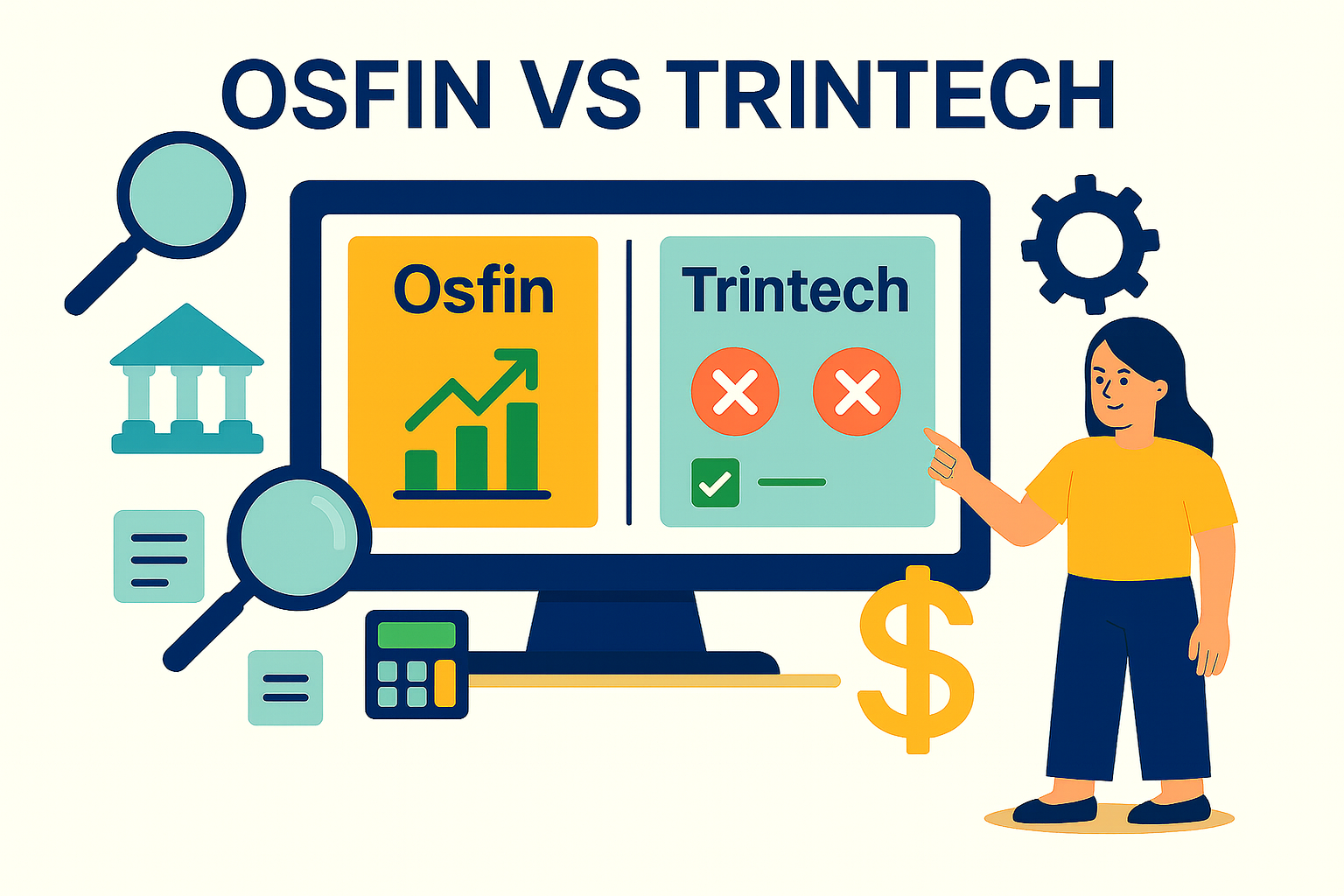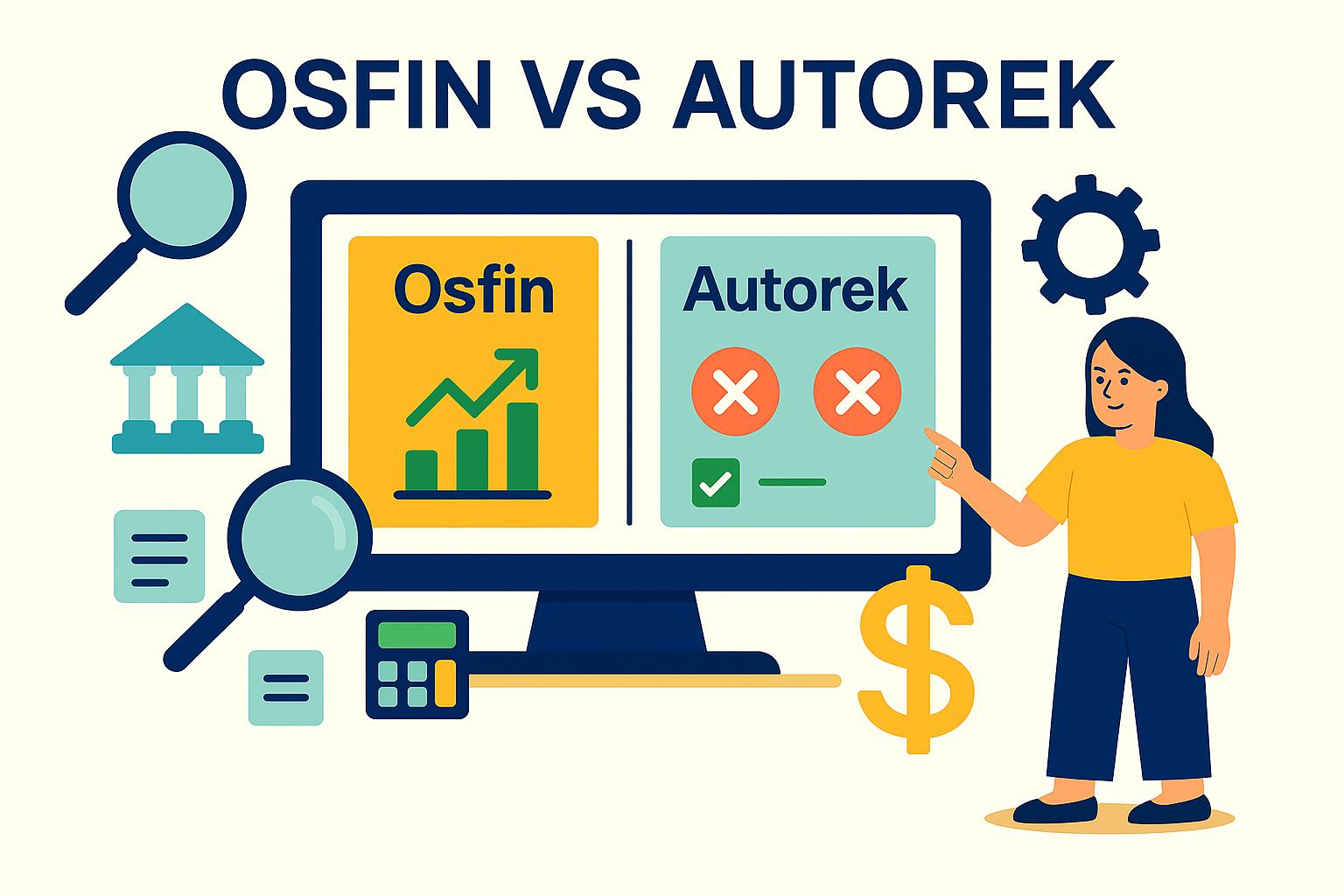Complete Guide to Invoice Management: Challenge & Best Practices
According to Skynova, 66% of businesses say processing invoices takes more than five days per month. And 57% of that data is entered manually.
Welcome to our comprehensive blog, where we delve into the fundamentals of invoice management and provide actionable insights to optimize your financial operations. We will explore the importance of invoice management, highlight its benefits and offer practical solutions to address common challenges.
Fundamentals of Invoice Management
Let’s delve into the fundamentals of invoice management, including its significance and benefits. We will highlight the common challenges businesses face and offer practical solutions to overcome them.
Importance of Invoice Management
Invoice management plays a pivotal role in the financial health of your business. It ensures accurate record-keeping, aids in cash flow management, and fosters a professional image. By maintaining a well-organized invoicing system, you enhance your credibility and improve customer relationships.
Common Challenges in Invoice Management
Many businesses need help with invoice management. These can include manual data entry errors, delayed payments and inefficient tracking systems. Understanding these challenges is crucial in devising effective solutions.
Strategies for Overcoming Challenges
To overcome the challenges mentioned earlier, it is essential to implement efficient strategies. Embracing digital solutions, automating processes and establishing clear communication channels with clients can significantly streamline your invoice management system.
Best Practices for Efficient Invoice Management
Let’s discuss some practical tips and best practices to optimize your invoice management process. The following discussed items will not only save you time but also enhance accuracy and productivity.
Create a Detailed Invoicing System
Developing a well-structured invoicing system is the foundation of efficient invoice management. This includes creating standardized templates, clearly labeling invoices and establishing a numbering system for easy reference.
Utilise Automation Tools
Leveraging automation tools can drastically reduce manual effort and improve accuracy. Consider using accounting software that enables automated invoice generation, payment reminders and integration with your financial systems.
Set Clear Payment Terms and Policies
Communicating your payment terms and policies to clients is crucial. Establishing due dates, late payment penalties and preferred payment methods will help avoid confusion and ensure prompt payments.
Regularly Monitor and Track Invoices
Maintaining a proactive approach to invoice tracking is vital. Regularly monitor the status of your invoices, send reminders for overdue payments and keep track of outstanding invoices to minimise delays and improve cash flow.
Foster Client Relationships
Building strong relationships with your clients is beneficial for smooth invoice management. Cultivate open lines of communication, address any concerns promptly and work together to find mutually beneficial solutions.
Streamlining Invoice Processing
Efficient invoice processing is key to maintaining a streamlined and organised invoicing system. In this section, we will explore methods to optimise your invoice processing workflow and ensure timely and accurate payments.
Standardise Data Entry Procedures
Manual data entry errors can lead to significant delays and discrepancies in invoice processing. To minimize these errors, establish standardised data entry procedures. Ensure that all relevant information is captured accurately, including invoice numbers, dates, amounts and client details. Implement validation checks and double-check entries to maintain data integrity.
Embrace Electronic Invoicing
Electronic invoicing, or e-invoicing, eliminates the need for paper-based invoices and speeds up the processing cycle. It involves sending invoices electronically in structured formats such as PDF or XML. E-invoicing offers several advantages, including faster delivery, reduced costs, improved accuracy and simplified invoice archiving. Explore e-invoicing options and consider integrating them into your invoice management system.
Establish a Centralised Invoice Repository
Maintaining a centralised repository for all your invoices facilitates easy access, tracking and retrieval. Whether a dedicated folder on your computer or a cloud-based document management system, having a centralised repository ensures that invoices are securely stored and readily available when needed. This eliminates the time-consuming process of searching through physical files or scattered digital folders.
Adopt Workflow Automation
Workflow automation can significantly enhance the efficiency of your invoice processing. Consider implementing an automated workflow that follows a pre-defined sequence of tasks, such as invoice validation, approval and payment.
Workflow automation tools can help streamline the entire process, reducing manual intervention, minimising bottlenecks and ensuring that invoices move through the system seamlessly.
Enhancing Invoice Communication and Follow-up
Clear and effective communication with clients regarding invoices is essential for timely payments and healthy relationships. But how can you enhance invoice communication and follow-up? Let’s discuss it!
Utilise Automated Payment Reminders
Sending timely payment reminders can help avoid late payments and improve cash flow. Leverage your invoicing software or dedicated payment reminder tools to automate this process. Set up reminders to be sent before and after the due dates, customised according to your payment terms. Automated reminders save time, ensure consistency and increase the likelihood of prompt payments.
Maintain Regular Communication
Regularly communicate with clients about their outstanding invoices. Establish open lines of communication to address any concerns, clarify payment terms, or resolve any potential disputes promptly. Building a strong rapport with clients fosters trust and encourages timely payment behavior.
Conclusion
By implementing the strategies outlined in this article, you can streamline your financial operations and enhance client relationships. Remember, successful invoice management is not just about systems and processes, it also involves prioritising invoice communication and follow-up through automated payment reminders and regular client communication.
By combining the following, you can create a harmonious and efficient invoicing ecosystem that benefits both your business and your clients. Osfin, presents an intelligent invoice processing platform which assists businesses in combating invoice scams by automating the entire process.
Implement the practices discussed here, embrace automation tools and cultivate a culture of empathy within your invoicing process. The ultimate reward will be improved cash flow, enhanced client satisfaction and the growth & success of your business.


